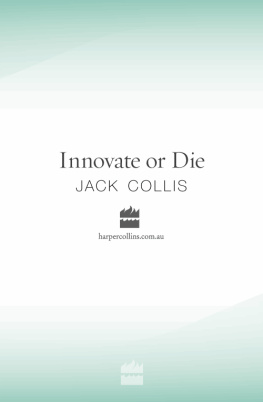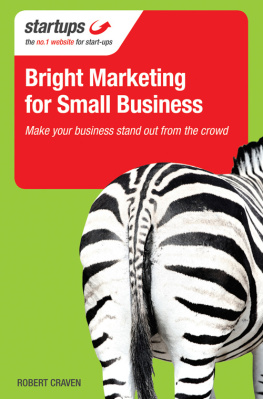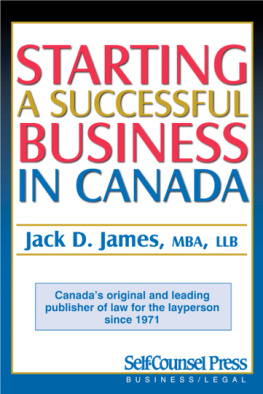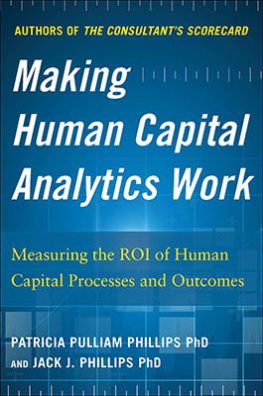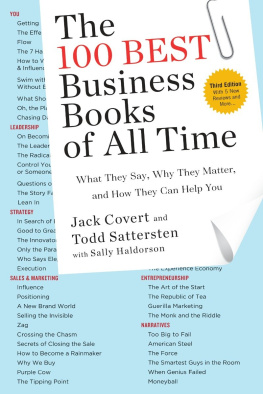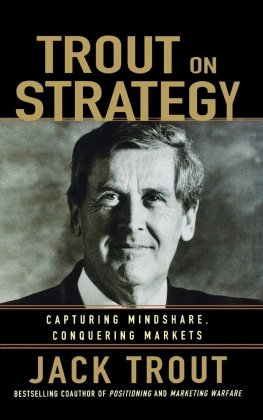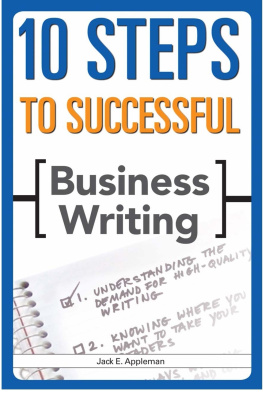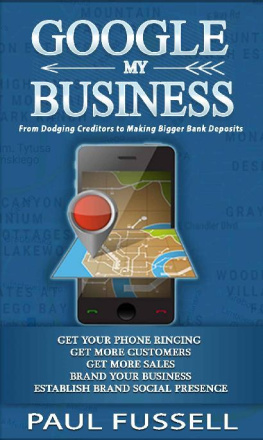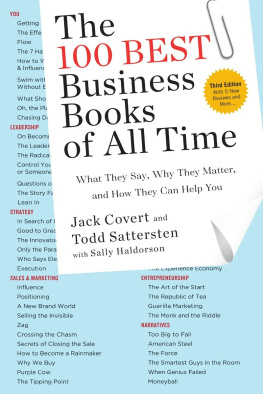How I became a speaker/presenter
In order to become an outstandingly successful speaker/ presenter we first need to train ourselves in understanding the psychology of human beings and become expert in business techniques, because of all the presentations made by speakers, the great majority are made on those two subjects.
Speakers who want to make outstanding presentations need to have an excellent understanding of what humans do and how they feel, because when we make a presentation there will always be times when the audience asks, Why should we do what you propose? or wants more information or further explanation. Presentations are strictly about the audience: how they feel and what they want to know. To be able to answer their questions to their satisfaction the speaker really does have to know the subject. Unless you are believableand you wont be if you do not have a background of personal success in the subject you are presentingyour chances are minimal.
My training in this area began when I was about 10. Both my mother and father were avid readers, mostly of fiction and because we were a close family we talked a lot about the books we were reading. My parents often gave me their books to read and would ask me questions about the characters: what did I think of the main character? Did I agree with what the character had done in a particular situation? Would I have done things a different way if it had been me in that situation? From an early age I was subject to both male and female points of view, through both the characters in the stories and the views of my mother and father. I was also being trained in how to present my own viewpoint on how to deal with conflicting opinions: I had to learn and appreciate other peoples points of view. There are very few cases where one point of view is the absolute truth.
What my parent taught me about life has stood me in great stead, especially in a career in business, which after all is only about people and their human strengths and weaknesses in a business environment. They are not business people, they are people who work in a business environment. Once we remember that it is their human viewpoint we are dealing with; we will seek human responses to issues and problems. I do not claim to be expert in either the male or female points of view but I do claim to have a better than average understanding of the psychology of human beings.
The knowledge I gained about people and how they feel and what they believe was a wonderful grounding for me during my school years. At that early age I was also learning the value of self-discipline. I soon learned that I needed good preparation and above all the discipline to do whatever was necessary to achieve my desired outcomes. As a child on early-morning errands I would time myself on the run home and every day tried to beat my best time. The discipline necessary to do this soon became a habit and beating my own best performance has stayed with me for a lifetime.
Success in life comes from managing ourselves in a competitive way, always believing that we can better our previous best performance. My father was a champion professional runner, football coach and a very good tennis player so his sporting background was in winning whenever possible. I was always involved in sport in my early years so the desire to be as good as I could, whether in sport or business, has always been with me and continued right through my business career. Life doesnt always produce wins so learning from losing was as important as winning. I have never seen losing as a problem, but rather as a need to re-evaluate what I had attempted and try again.
After finishing school I became an apprentice tailor, leaving home at 16 to continue my apprenticeship in Griffith, a large and prosperous town in the Murrumbidgee Irrigation Area of New South Wales. Two years later I joined the air force, serving for three years before marrying and buying a half-share in the business in which I had been an apprentice. Two years later my wife and I moved to Temora and started our own business, which we ran for 18 years until I joined AMP as a salesman.
I had only been in the business of selling insurance for about four months when I was invited to attend my first regional conference. The conference had been in progress for about two hours and the next item on the agenda was to be from a keynote speaker from our own ranks, a very successful senior agent.
About thirty minutes before he was to make his presentation I received a note from the divisional sales manager who was in charge of the conference. The note said, Jack, the main speaker has become ill and is unable to attend. I want you to take his place: speak on any subject you wish. You have one hour. Good luck. Fortunately, I was a very organised agent and for the next hour my presentation was about the way I had structured my agency, how it worked and the success that it had brought me.
As a result of that presentation I was invited to become the keynote speaker at the New South Wales AMP representatives annual conference held in Sydney at AMP headquarters. That address was also very successful and for the next two years I was the keynote speaker at that conference. From then on throughout my AMP career I was a regular speaker at their conferences, seminars and workshops. Three years later I entered AMP management as a Unit Sales Manager, responsible for recruiting, training and developing salespeople. Twelve years later after being a Divisional Sales Manager, Sales Manager for Queensland and Sales Manager for NSW, I became the AMPs first Marketing Manager.
I had always had an interest in organising and running various activities in sport, and when I went into business for myself I became a member of various business organisations, either as secretary, president, or some other office-holder. I joined Rostrum to learn more about public speaking and when I commenced my career in AMP this experience was of great value to me. Adding the training and development of salespeople to my skills was also very useful, for now I was developing and honing my understanding of human behaviour. I quickly learned why some people became great successes while others simply withered away. I learned what motivated people and what turned them off. I also learned the value of expressing ideas and communicating with my audiences in an original way. Throughout my career at AMP I was learning about business and the language of success and how to communicate it to other people and so I earned the reputation of being a great motivator. As my reputation in this area grew, other organisations began to approach AMP to have me speak at their conferences. This was agreed, as it was good public relations for AMP. Eventually, I approached a speakers bureau to represent me. The demand for my speaking services became so big I had to make a choice between a career as a speaker or staying at AMP. My decision was to join the speakers circuit and I resigned from AMP to become a full-time speaker/presenter.
Why this book?
While selecting the contents of this book it occurred to me that the book in its finished format would literally be the answer to the training, development and motivational needs of many organisations. Whether training is to be one on one, or delivered in a meeting format, every one of the presentations offered here will be very useful. The book could also be given to an individual as their own training program. They could select any chapter at any time and imagine that I am making a presentation personally to them.
It will be one of the most important and effective self-development books for those wanting to make progress in whatever field they currently work in. Why? Because it is a book for the times. In almost every presentation I have made, the issue is mostly about how well we are doing in the present and how well we are prepared to harvest the future. There is no future in the past, yet there are millions of humans at all levels in almost every type of organisation who are clinging to the past instead of developing themselves for the future. Why is this so? It is because we know how to deal with the past; that is where we have been living and working. The future is a question mark, yet already many are under pressure to define and deal with it. This book should be read by all who want to know how to best position themselves for the future they are going to live and work in for the rest of their working life. There is not a moment to waste.

